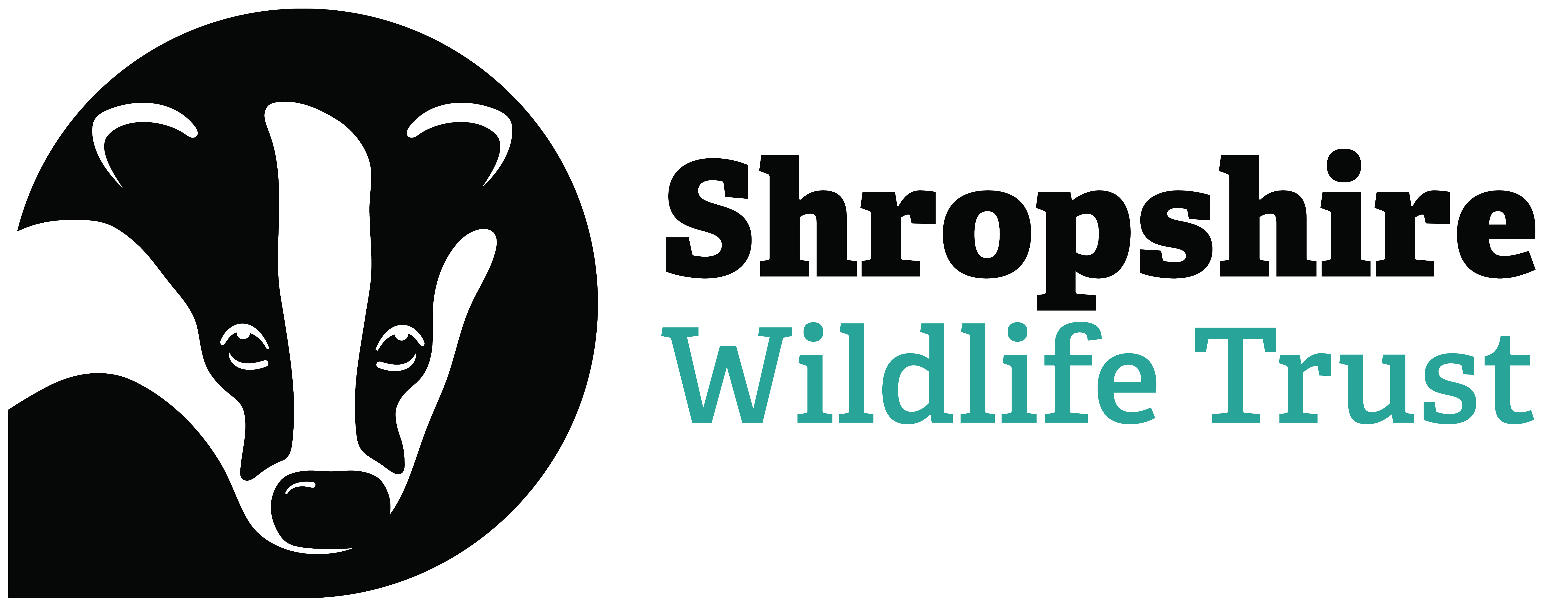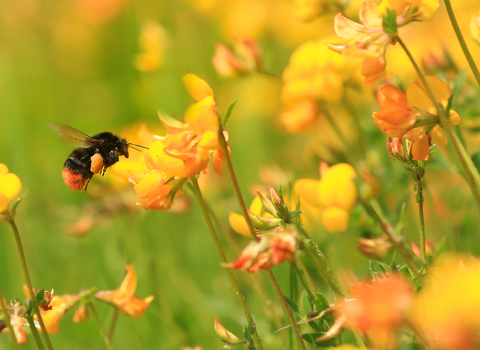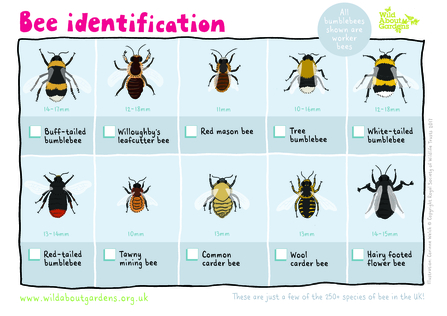What do pollinators do for us 🐝
Pollinators are an incredibly diverse group. Along with bees, many other insects including wasps, moths and beetles provide an essential free service, pollinating our crops. We have pollinators to thank for every third mouthful we eat. Not only do they pollinate our food crops, but they’re also vital for the survival of other wild plants that support so much of our wildlife. Three quarters of the crop types grown by humans require pollination by insects.
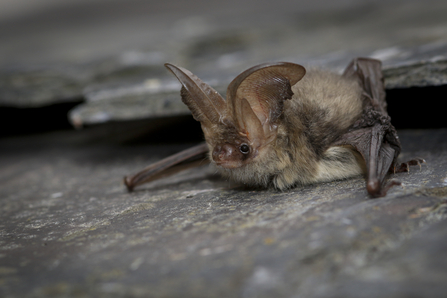
Tom Marshall
Insects are not just important to us, they are involved in all food webs. Without insects a multitude of birds, bats, reptiles, mammals and fish would disappear as they would have nothing to eat.
Threats to pollinators 🐝
23 bee and flower visiting wasp species have gone extinct in the UK since 1850. Causes of their decline include:
- Habitat loss - Natural habitats have been cleared to make way for roads, housing, factories and shopping parks. Farms have been intensively managed, the creation of larger fields for food production has meant a loss of hedgerows, woodlands and meadows.
- Pesticides - Widely used within farming, but also readily available to the public at garden centres and DIY stores where they are used to control pests and weeds (and ultimately insects).
- Climate Change - Some insects have begun to shift behaviour in response, some insects that emerge in time with the flowering of plants are finding that the flowers have already bloomed and died back, leaving them without a food source.
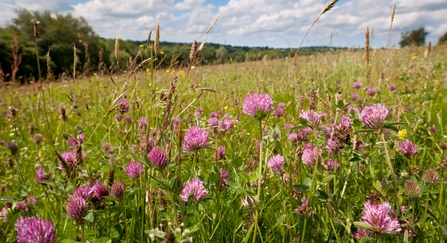
Red clover {Trifolium pratense} meadows (c) Ross Hoddinott/2020VISION
"Wildflower meadows are prime pollinator habitat, but we’ve lost 97% of them since the 1930's"
The good news is that it is not too late, few insects have gone extinct so far and populations can rapidly recover (Professor Dave Goulson).
Together we can reverse the decline.
What are we doing 🐝
- Nature Recovery Networks - Due to large loss of habitat across the UK, many insect populations survive on small isolated pockets of suitable spaces, by connecting these sites together it gives them a chance to move and adapt to change.
To find out more about Nature Recovery Networks, click here.
- Wildlife friendly farming - Farming is vital to feeding the nation, as a Trust we work alongside several forward thinking landowners that manage their land successfully for crops and for wildlife. We need to work to implement policies that encourage sustainable farming, which supports livelihoods and reduced greenhouse emissions.
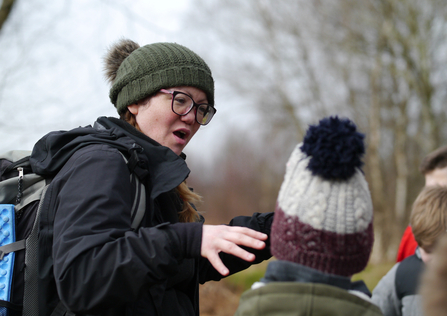
Shropshire Wildlife Trust's Ellie teaching a group of school children
- Education - We want all ages to be aware of the catastrophic insect declines. Working with toddlers right through to teenagers, young people and adults, we hope to influence peoples actions through school sessions, work experiences, walks, talks and publications.
- Campaigning - The Wildlife Trusts are working at top level to ensure we have strong Laws and targets to protect biodiversity. To find out more about the Environment Act, click here.
How can you help 🐝
The UK has an estimated 24 million gardens that could be a network of mini nature reserves! Together, we can bring our pollinators and other wildlife back.
Here are five simple actions you can take at home to help pollinators:
- Plant for pollinators: Grow more nectar-rich flowers, shrubs and trees to provide for pollinators throughout the year.
- Let your garden grow wild: Leaving patches of land to grow wild let wildflowers grow and make great nesting and feeding sites.
- Put away the pesticide: They can harm pollinators and many other beneficial invertebrates. Consider alternatives and only use pesticides as a last resort.
- Leave the lawnmower: Cut your grass less often, and remove cuttings to let plants flower.
- Build a bee hotel and avoid disturbing or destroying nesting or hibernating insects in grass margins, bare soil, hedgerows, trees, dead wood or walls.
